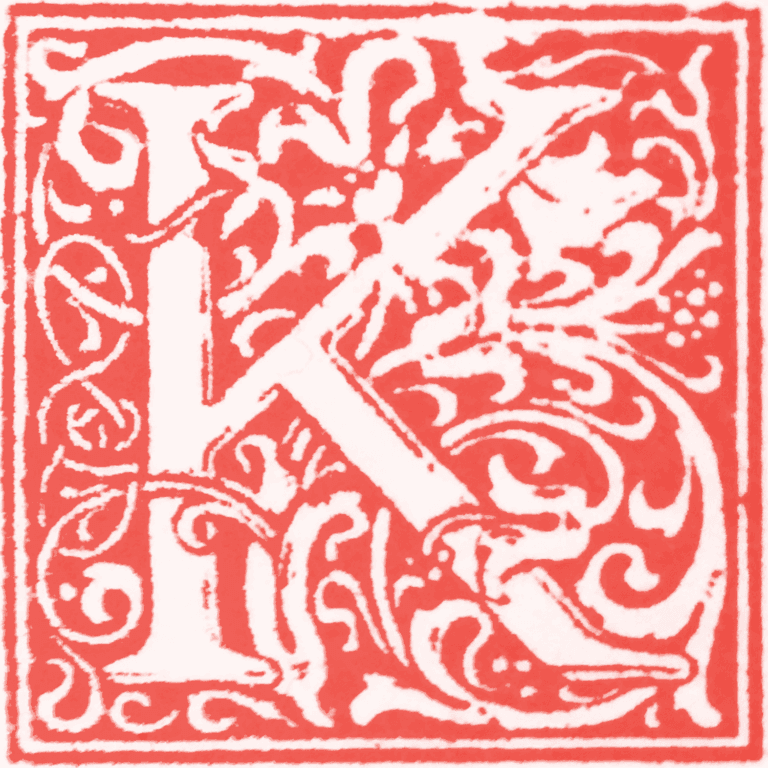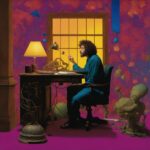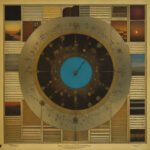I’m going to flesh this out at some point, but it was lost in a pile of old notes and I wanted it up on the site as a reminder, because it’s a conversation I’ve had a number of times in my life.
I’ve always been an insomniac. When I was younger, I’d often get to bed at a reasonable hour, only to very frequently wake up three hours later and not be able to get back to sleep. In college I’d often get up in the not-so-small hours and go for walks in the woods and watch the sun come up, then grab a few more hours of sleep.
As an adult, it’s been more an issue of never getting to sleep… the brain just never slows down, and suddenly, the sun is up. (See “Day Nights“.) The problem then becomes, either I sleep through the day, or, I get woken up by some external noise and walk around like a zombie, my cycle disturbed in a way that inevitably takes several days to correct.
I have a few tricks I’ve learned as a lifelong insomniac:
1.) This is the big one that changed my life: Keep a pen & notebook beside your bed. Whatever you’re thinking about when you’re up in the middle of the night—it doesn’t have to be troubling you in any way, just *whatever* happens to be going through your head—write it all down in the notebook, whatever it happens to be. Then try getting back to sleep. Works very, very well for me. For many years after discovering this, before the advent of smart phones, I actually always carried a pen and paper in my pocket, figuring anything that preoccupied me during the day could be dismissed just as easily as whatever haunted me by night.
Nowadays, the smartphone has taken the place of the pen & paper in almost every way, but I feel like waking up in the middle of the night to tap away on a device, even for a minute, is too engaging and doesn’t promote falling back asleep quickly like pen & paper do. Nowadays my problem is more not being able to get to sleep at all than waking up in the middle of sleep, but if I were to start having that problem again, I’d probably go back to pen & paper rather than iOS Notes.
2.) Another huge help: whole herb valerian supplements (not extract). You can get these at most health food stores or drug stores. 2 capsules an hour before bed. They won’t make you tired if you’re not, but they vastly shorten the duration of middle-of-the-night bouts of wakefulness, I find the help me drift off again much more quickly if I wake from sleep. (I was told by a friend who takes them you have to make sure you get out of bed as soon as your alarm goes off in the morning, because you’ll fall back asleep if you don’t. I myself haven’t used an alarm clock often enough in my life to know.) However, it’s worth knowing that some sources say the valerian herb is addictive. I’ve taken it regularly since college—when I’d occasionally recognize other people walking around with the famous green-capped bottles of valerian from the nearby drugstore—but always with breaks of a couple of months in between periods of taking it daily.
Oh, also, just in case you have a mind to try it: whole herb valerian root, even in capsules, smells terrible. Be ready for that. In college we used to say it smelled like a hippie’s house: a combination of stale pot and feet. Cats love it, though.
3.) Lean into it. Expect insomnia to happen, plan for it, and when it does, get up, get out of bed, and use the time productively, or even just go for a walk for a few hours. Any time you’re awake in bed for more than 20 minutes, get up and do something for a while. Ben Franklin was a big proponent of “bifurcated sleep” and getting things done between your sleep periods, and there has been some research that suggests that this may even be more natural than sleeping a continuous 8 hours, at least for some people.
4.) Ok, before I got into this one, I’m going to underscore: I’m about to talk about I feel has worked for me. I might be wrong about all this. I’m not a doctor and do not offer any advice or recommendations for anybody else. Talk to your doctor to get advice for yourself, and, make sure you’re in full compliance with the site’s terms and conditions warning you, in essence, not to believe a word I say. Ok. For the problem of not being able to get tired and shut down for the night at all, I’m probably a case study in what not to do. I’ve tried all the traditional recommendations (avoid alcohol and caffeine, get daily exercise, keep a regular schedule, get sun earlier in the day, eat right) and none of it ever helped me in any noticeable way. For me, 12.5 mg of doxylamine succinate does the trick… that’s the main antihistamine in Unisom (although each unisom is 25mg, I break them in half) or in Nyquil. Obviously neither of these are recommended for long-term use, especially Nyquil, which contains acetaminophen, not great for your liver over time, although from my own casual reading, it appears the amount of acetaminophen in one daily dose of Nyquil, even over long periods, has never been shown to do any long-term damage. I also, this is just me, load up on stimulating non-sugary food & drink as soon as I get up… coffee or lots of strong tea, maté is good too. The choice depends on just how stressful my life already is in that period, and how much extra jitter I can put up with over the base anxiety. Whichever it is, I also sometimes load it up with unsweetened dark cocoa to boot (for the record: on tea days, cocoa or no, adding milk or creamer, loads of ceylon cinnamon [specifically “Ceylon cinnamon”,NOT regular plain old supermarket “cinnamon”, that stuff contains enough coumarin to be terrible for you in large quantities], and a few dashes of chipotle powder in strong breakfast tea—yes, hot pepper, you read that right—is also the bomb.) I think, and this might be more superstition (and perhaps caffeine addiction) than anything else, that amping up early in the day makes me tireder at the end of the day. If not, well, at least I feel peppier.
One thing I personally stay away from is the more common antihistamine sleep aid, diphenhydramine… the main ingredient in Sominex and the usual reason you get drowsy after taking over-the-counter allergy pills. It does knock me out, but I find it tends to make me very fuzzy the next day, I can’t brain right and thoughts are jumbly and thick. For an internationally respected strategic advisor such as myself, I have to be on point, because one day of bad brainfog could mean the difference between lasting world peace and nuclear annihilation.
Truth: I’d much rather just be able to sleep than have to know about the effects of different antihistamines or which kind of cinnamon it’s ok to put in my tea daily. But I can’t. Never have been, not since I was a little kid. To quote the immortal Mal Sharpe: “It’s our brains that are different.”







